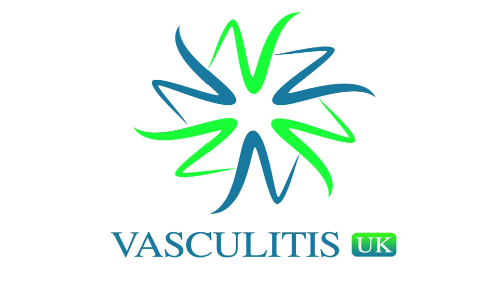We had a real journey to get to our grant call this year. We began the process back in late 2019 when we launched a call for research grant applications.
As part of a selection process which involves rigorous peer review, in early 2020 (in the days before Covid-19) we tried to find two appropriate peer reviewers for each of the 11 grant applications we had received in our 2019/20 call. No easy feat!
Finding 22 suitable reviewers was certainly a challenge. We had just set up the process when the pandemic struck. Consequently, most of our reviewers were seconded to the “Covid frontline” and (very understandably) forced to withdraw their offer to peer review.
Thus, we decided to postpone the whole review process and wait for Covid to go away! We also decided that we would not invite any more applications until we had cleared the 2019 backlog of applications.
After much consideration, we restarted the peer review process in November 2020. In February, we finally convened the Scientific Advisory Board to decide on which studies to fund.
We would like to offer our sincere thanks to all of our peer reviewers, without whom we would not have been able to even consider proceeding with the grant call.
We are delighted to announce that the following applicants received funding for their exciting and varied projects whose aims mirror Vasculitis UK’s priorities.
Laura Whitty ( Research Awards Coordinator)
Projects to receive funding
1. Preclinical studies to develop an RNA targeting novel genetic therapy for STING -associated vasculitis with onset in infancy
UCL Great Ormond Street Hospital – £49,712
Asst. Prof. Despina Eleftheriou (Co-applicants; Prof. Paul Brogan, Dr Haiyan Zhou & Prof. Philip Hawkins)
This 12-month project aims to identify an effective and targeted treatment for SAVI. SAVI (STING-associated vasculitis with onset in infancy) is a rare, devastating and life-threatening genetic form of vasculitis, causing severe and persistent inflammation throughout the body, especially in the skin, blood vessels, and lungs.
2. Peptide Immunotherapy in experimental MPO-ANCA vasculitis
Imperial College London – £50,000
Dr Maria Prendecki (Co-applicant: Dr Steve McAdoo )
This 18-month project will investigate how to create tolerance in AAV by studying laboratory rats which develop vasculitis, closely resembling disease seen in patients with AAV. In both rats and many humans with AAV, the component of white blood cells that is recognised as foreign by the immune system is a protein called myeloperoxidase (or MPO). In order to create tolerance to this protein, it is important to know which part of the MPO protein is important in causing disease.
3. Evaluation of CD27+ memory B cell reconstitution following rituximab maintenance therapy in ANCA associated vasculitis as a guide to future dosing
University of Cambridge – £51,562
Dr Rona Smith (Co-applicants; Dr Mark McClure & Prof. David Jayne)
This study will look at 36 patients, with AAV (ANCA associated vasculitis) who have received rituximab. Through a detailed analysis of the returning B cells in the blood stream, they hope to identify a biomarker that reliably predicts an impending flare and may be used in combination with other factors in a relapse prediction model and in future studies to guide the optimal timing of subsequent rituximab doses.
4. Incidence of cardiovascular events and common cancers in ANCA-associated vasculitis and Takayasu’s arteritis in the English population
University of Nottingham – £49,766
Dr Megan Rutter (Co-applicants; Dr Fiona Pearce, Dr Peter Lanyon & Prof. Richard Hubbard)
This research group has identified the number of people in England living with AAV and TAK using routinely collected healthcare data. They will be added to a national rare disease register called NCARDRS. This register will have many benefits, such as allowing better health service planning. Another benefit is that once the people with AAV and TAK are known, the team can use other healthcare data to determine how many of them develop cardiovascular problems such as heart disease, strokes and blood clots. They will also be looking at how often people with AAV or TAK develop 5 common types of cancer: breast, prostate, lung, bowel and bladder. They will then compare the rates of these diseases with people of the same age and sex who do not have AAV or TAK to see whether the rate in AAV and TAK is the same, decreased or increased.

